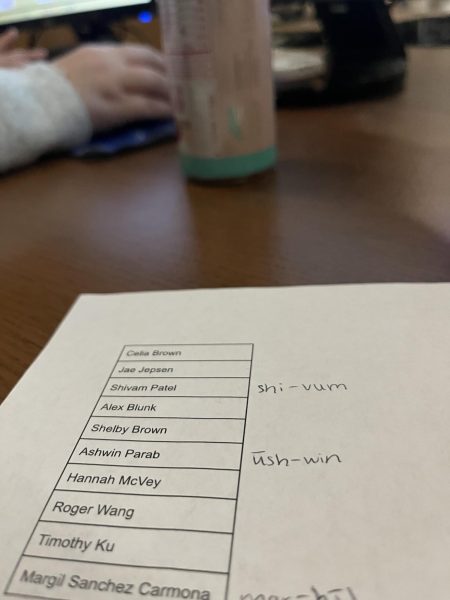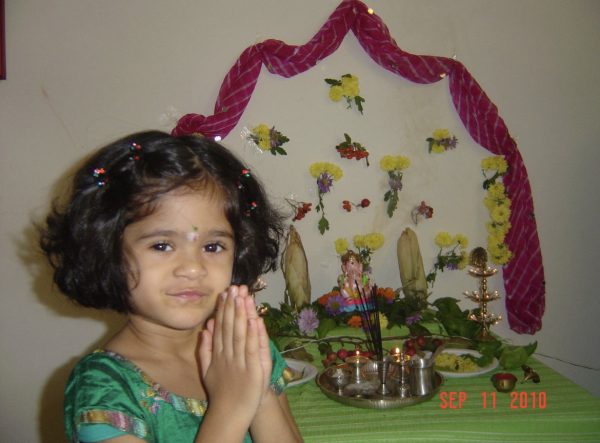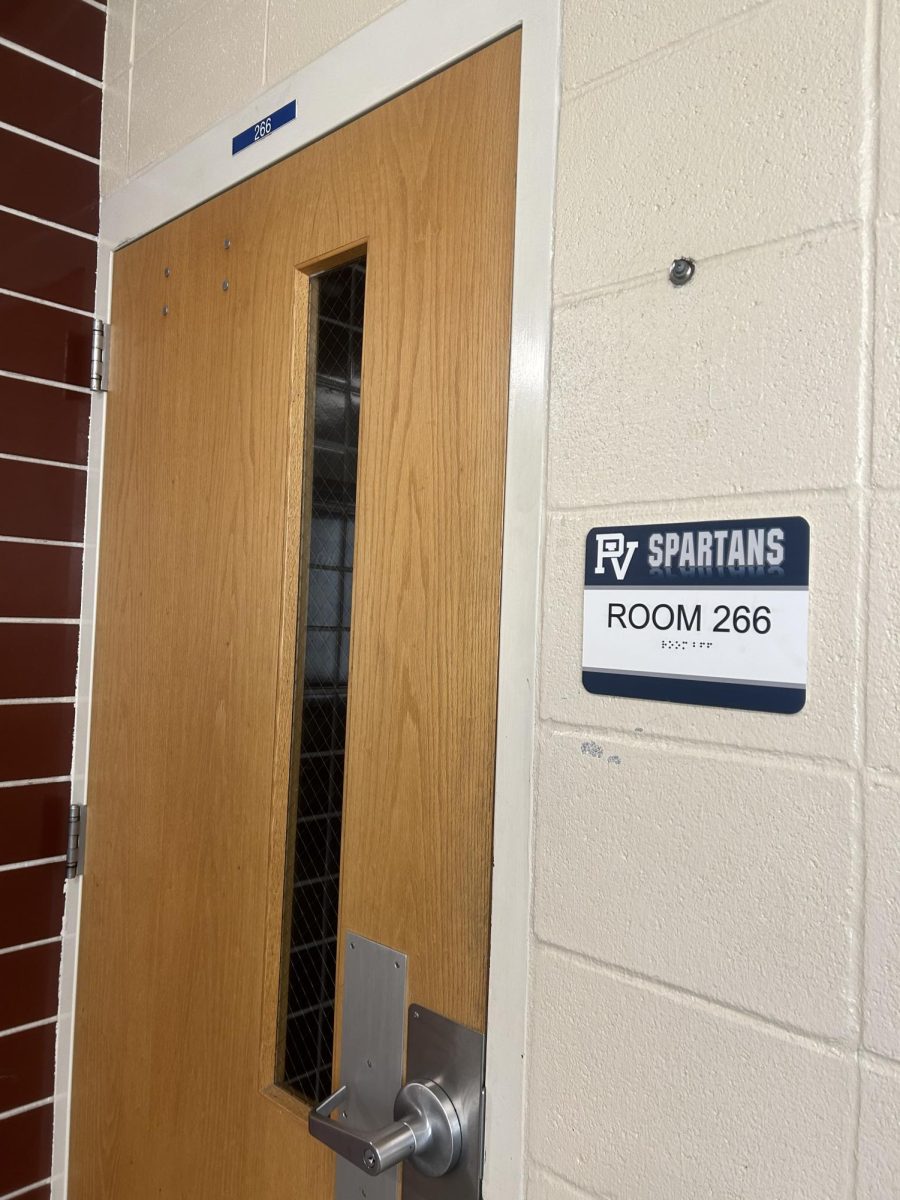
Last Wednesday, Barbados Prime Minister Mia Mottley addressed the international conversation of reparations for former British colonies.
Barbados is one of the 58 sovereign countries that was once ruled under the British Empire. During her speech at the London School of Economics in the UK, Mottley claimed that the European nations owed $4.9 trillion for the centuries of unpaid slavery.
Along with Barbados, numerous other Caribbean countries have voiced their strong opinions on this matter. Jamaicans have long pushed and protested for compensation, noting the British Royal Family’s connection to the Transatlantic Slave Trade.
Mottley’s comments opened up the global conflict of reparations for every country wronged by European colonization.
Though colonization has effectively been ended for over 50 years, its effects heavily weigh on each and every country to this day. Through centuries of exploitation, forced labor, economic and political suppression, oppressive rule and loss of life, former colonies have launched a global conversation about reparations for past injustices.
Mottley recognized the vast amounts of money the United Kingdom would owe, yet still believes they deserve the amount of money in full. “We’re not expecting that the reparatory damages will be paid in a year, or two, or five because the extraction of wealth and the damages took place over centuries. But we are demanding that we be seen and that we are heard,” she expressed.
Being heard does not only mean extending an apology, but also attempting to right some wrongs. British museums still hold around 2,000 stolen artifacts, with very few being returned. And the precious jewels which the Royal family often shows off are often in fact loot, stolen from former colonies. The hoarding of historically significant items shows that they might never be relinquished to their proper place.
While the Royal Family and other European governments have made amends with other countries, some beg the question: is an apology sufficient after centuries of exploitation and harassment?
It may be easy to calculate the monetary value of unpaid labor and stolen jewels, but the immeasurable suffering of past, current and future generations cannot be repaid.
Freshman Shresta Bojja has noticed these consequences in her day-to-day life. “The effects of colonization in India still linger today. Many internal and international conflicts that India is involved in is in part due to the partition. Also, the abundance of racism and colorism that Indian Americans experience is still in effect from colonialism,” Bojja explained.
During the British occupation of South Asia, they heavily depleted their economies, social structure and political environment. Prior to occupation, India’s economy made up 25% of the world’s economy, greater than all the Western countries put together. India’s economy in 1973, however, only made up 3% of the world’s economy.
The stunted growth of countries perpetuates ethnocentric thinking. Diminished countries are forced to regrow their society while most people classify these countries as filthy, impoverished and unsafe.
“Western society also often sees and portrays Africa as poor and uncivilized so they can go into their white savior mentality to exacerbate the social problems that already exist instead of rethinking these ingrained biases,” said junior Odelia Ayika, a second-generation immigrant from Togo. “These colonizers sought to control, and the best way to control an entire group of people is to completely degrade, distort and demonize their fundamental beliefs.”
Without recognizing the tremendous exploitation of countries, people often resort to racism and xenophobia.
“To this day there are still many countries and private organizations in the west that continue to leech Africa’s natural resources under the guise of capitalism but it’s essentially modern day slavery,” Ayika expressed.
As the reparation debate grows louder, the push for aid to former colonies has grown as well. The UK has given aid to India in recent years, but this number is just an inconsequential amount compared to the damage wrought by colonialism.
Though colonization has long caused problems for many nations, negative stigmas and prejudices about so-called “poor” countries continue to be spread, since people still see them as simply being impoverished. If there is to be any true change, it is necessary to focus on the beauty, rich traditions and culture of these nations.

















